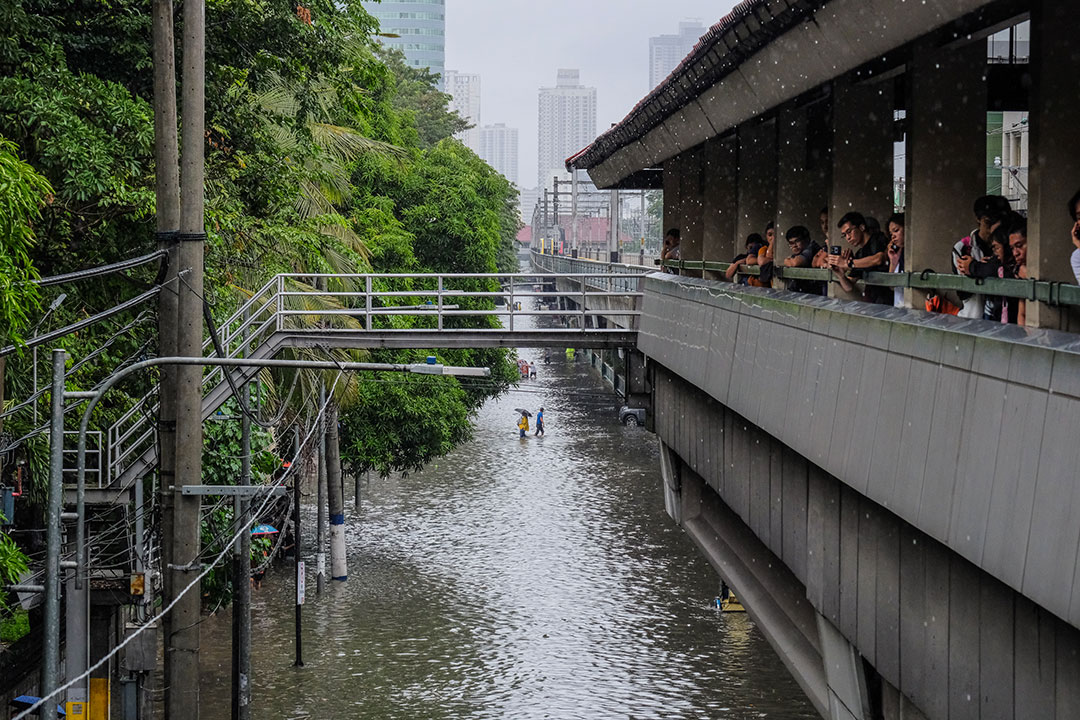 PHILIPPINE STAR/RYAN BALDEMOR
PHILIPPINE STAR/RYAN BALDEMORBy Jam Magdaleno
THE RECENT flood control fiasco offers a textbook case of our political cycle of outrage and forgetting. Ironically, the same cycle happens every few months. Last year, everyone seemed to be preoccupied with POGO and Alice Guo. A few weeks back, the same public gaze was turned towards online gambling. While it is understandable that people are enraged, what is concerning is that these events reveal a cyclical pattern in our public discourse.
For one, the endpoint of these issues almost always leads to more government intervention. Once the flood subsides — no pun intended — it is predictable that the result of these hearings will be yet another layer of government oversight. While oversight and fact-finding bodies are important to extract justice in some form, they are merely ex post facto. If we are to have any hope of addressing these decades-old problems, shouldn’t we be more creative? Some proposals, like Ramon Ang’s plan to fix Metro Manila’s flooding, have already been forgotten.
Former Solicitor General Florin Hilbay rightly suggests that perhaps it is time to seek private-sector intervention, given that the cost of government-led flood control projects is often inflated by leakages.
Waiting for the government to carry out a self-inflicted overhaul is like waiting for Godot. No matter how many good-governance officials are in place, the very nature of politics ensures that self-interest trumps the public interest.
To understand why this is the case, we turn to the concept of public choice. Public choice theory, pioneered by Nobel laureate James Buchanan and Gordon Tullock, views politicians, bureaucrats, and voters not as benevolent guardians of the public good but as rational actors driven by incentives, much like participants in a marketplace. Officials seek re-election, agencies seek bigger budgets, and voters often pursue short-term benefits without regard for long-term costs. In this view, politicians and bureaucrats are not moral guardians. If we adopt this perspective, it becomes clear that the next steps must focus on changing the environment rather than moralizing the issue.
What, then, is the problem with moralizing the issue? It pollutes public discourse, reducing it to individual-level fault-finding and “memeing” rather than fostering informed discussion and genuine problem-solving. One way this manifests is through the shaming culture so rampant today. TikTok and Facebook are flooded with memes targeting contractors, politicians, and even their relatives. But does this solve anything? No. Instead, it creates a false sense of action, widening the awareness-action gap. This gap arises because awareness is often easier and more emotionally gratifying than action. Social media makes it especially visible: we get the feeling of having done something by liking, sharing, or memeing, but in reality, nothing changes on the ground. It trivializes complex problems and makes them easy fodder for virality. By this point, the PR directors of these politicians are already busy figuring out how to spin the outrage into their favor for 2028. Once the dust has settled, we will be left only with memes to carry into 2028, being none the wiser.
If outrage and forgetting are the default cycle, the challenge is to design ways of breaking it. Scandals will always come and go, but institutions can be built to outlast the news cycle. One promising model is already here in the Philippines: the Citizen Participatory Audit (CPA) program of the Commission on Audit. Since 2012, CPA has embedded citizens into audit teams alongside state auditors, producing joint reports on flood control projects, health centers, sanitation, and road construction. These audits have exposed irregularities ranging from poor construction to procurement defects, leading in some cases to resignations and legal action. Unlike traditional post-mortems, CPAs keep pressure alive by institutionalizing citizen oversight and transforming outrage into evidence-based accountability.
The temptation is to believe that politics will correct itself if only “good people” are elected. Public choice theory warns us otherwise. Since self-interest is always at play, the real task is to design rules that channel self-interest toward the public good. This means procurement systems where contracts are open and competitive, infrastructure deals with automatic performance benchmarks, and even sunset clauses for programs that require renewal to continue. These may sound boring compared to fiery hearings or viral memes, but boring is exactly what enduring reforms look like.
International models prove that such institutional design works. The Netherlands, for example, entrusts flood control to independent water boards (waterschappen), which have existed since the Middle Ages. These boards raise their own revenues through dedicated local levies and wastewater fees, fund 95% of their own budgets, and are legally required to upgrade defenses every five years to meet strict safety norms — such as preparing for one-in-10,000-year flood events in critical zones. Their financial autonomy and regulatory power mean that flood protection is insulated from electoral cycles and partisan interference. The result: the Dutch have not experienced a catastrophic flood like 1953’s North Sea disaster in over 70 years, despite rising seas and climate risk. These lessons matter for Metro Manila and the Philippines.
Mr. Hilbay is right: massive public works are too prone to leakages when left entirely to the government. A Philippine version of the Dutch model, whether through independent authorities funded by user fees, or through public-private partnerships with contracts tied to measurable results, could help ensure that self-interest works in service of the public good.
But none of this will matter if public discourse itself remains trapped in the cycle of outrage, memes, and amnesia. Social media platforms reward trivialization. This is not a reason to abandon them but to rethink how they can be manipulated for a more mature and sustained social movement. If virality is inevitable, can it be redirected to sustain reform pressure rather than dissipate it? Civic groups have already experimented with digital scorecards, fact-checking campaigns, and “explainers” that keep issues alive well after the headlines fade. The task is to scale these efforts so that memes do not merely mock politicians but pin them down with evidence-based demands.
Ultimately, the larger point is that waiting for politics to correct itself is futile. Scandals will fade, personalities will come and go, and 2028 will arrive whether or not we have learned anything. The only way forward is to redesign the environment, through stronger institutions, smarter contracts, and civic innovations that make accountability harder to dodge. Ostensible outrage without follow-through only guarantees that we will face the same problems again. The real test is whether we can channel outrage into structures that endure after the floodwaters— and the memes — have receded.
Jam Magdaleno is a political and economic researcher, writer, and communication strategist. He is the head of Information and Communications of the Foundation for Economic Freedom (FEF), a Philippine-based think tank.

 2 days ago
1
2 days ago
1
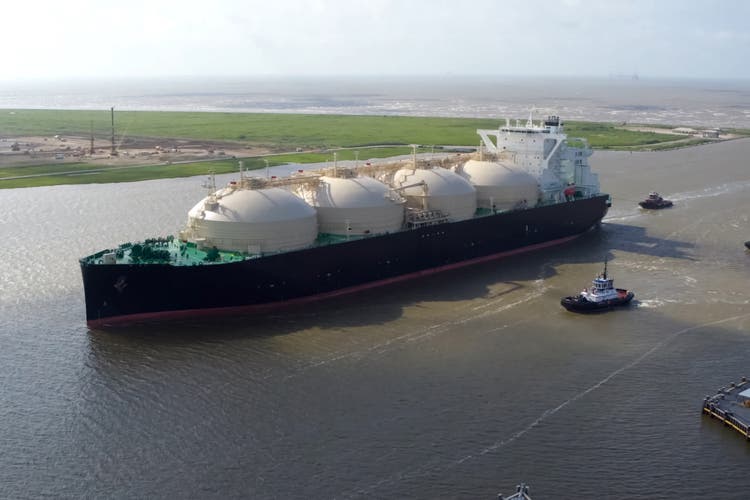



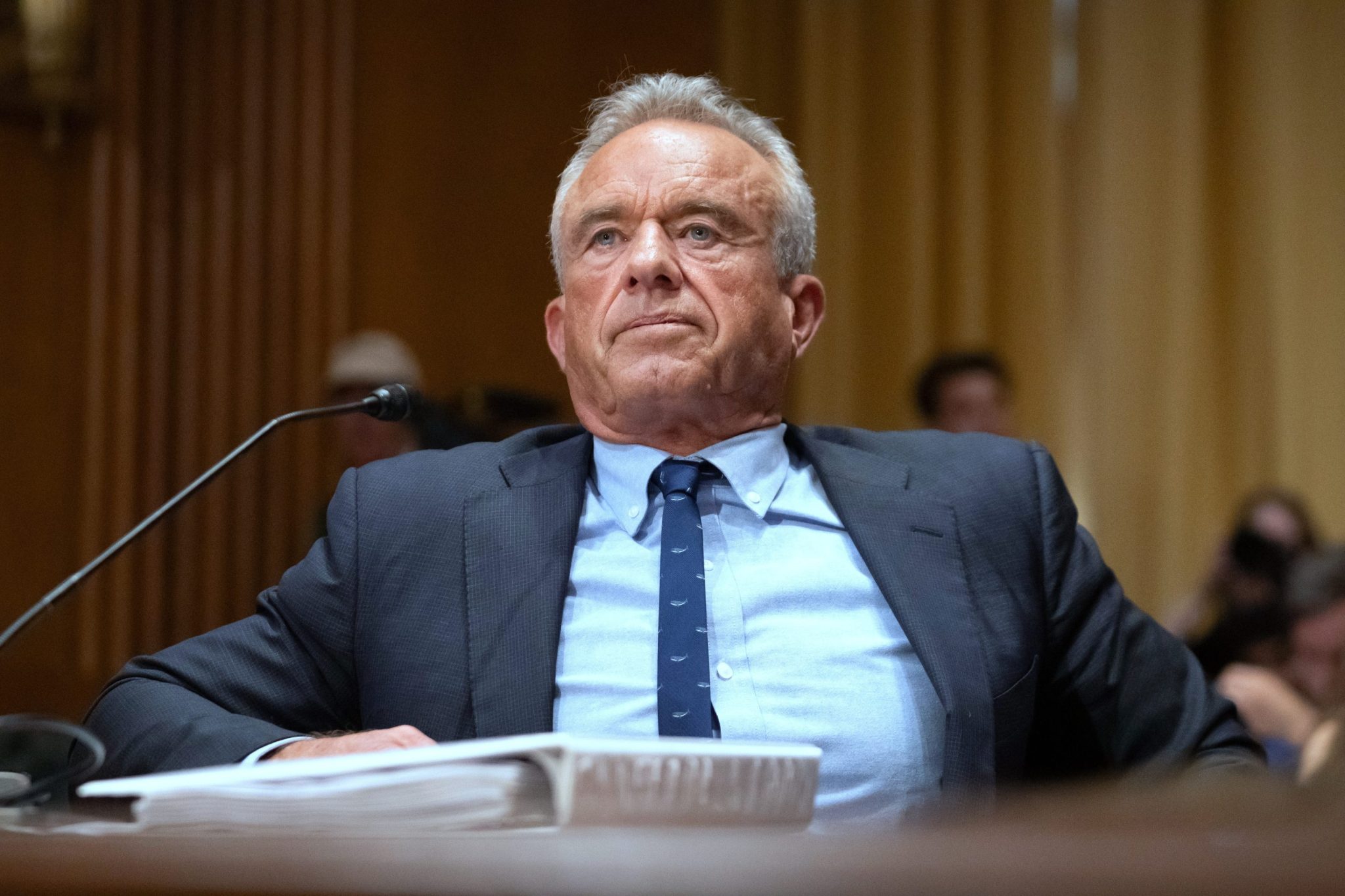




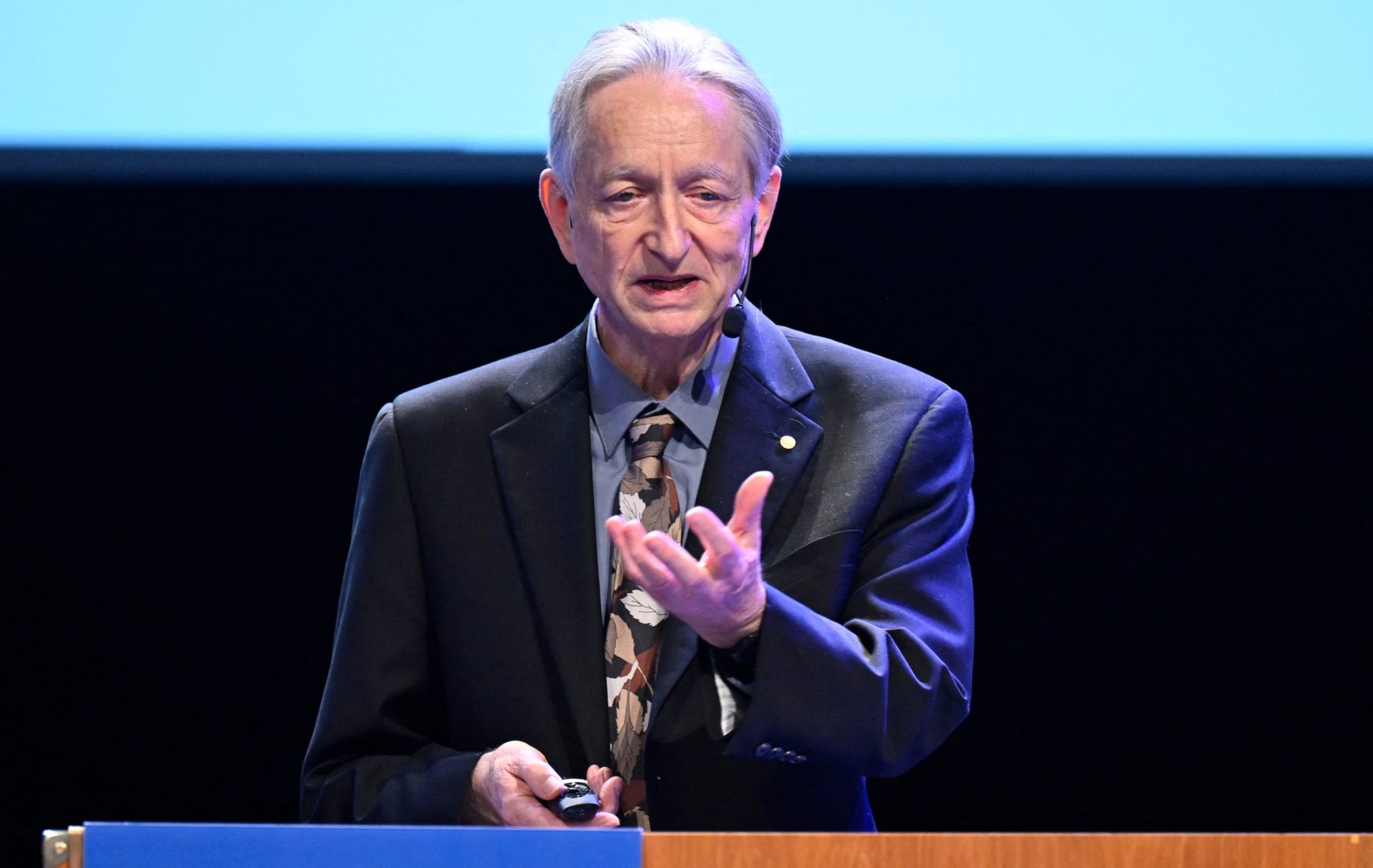





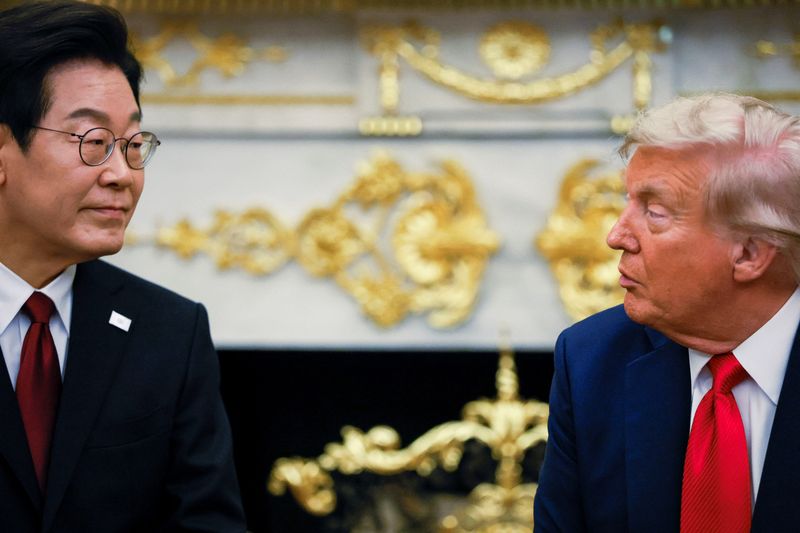



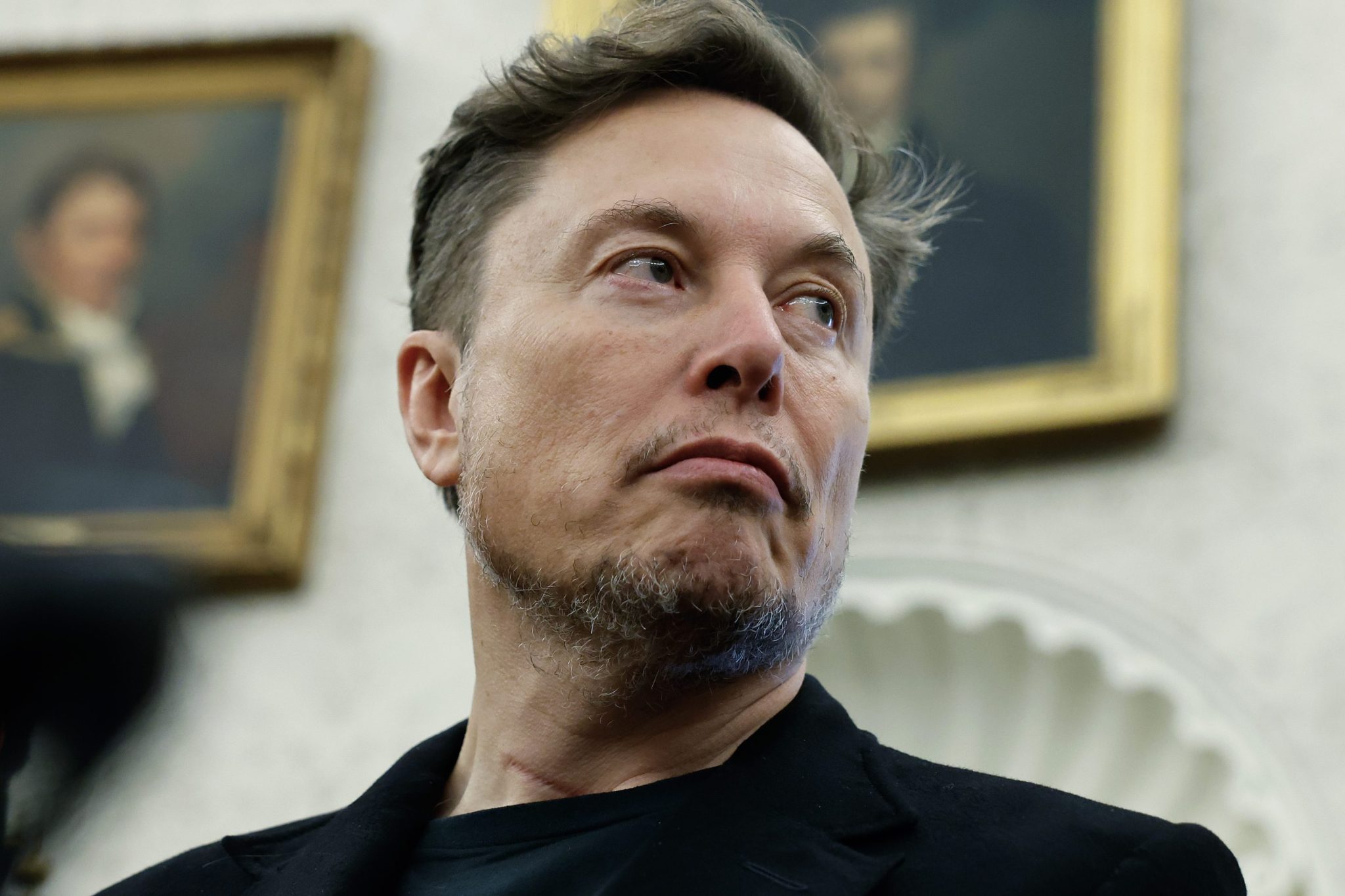
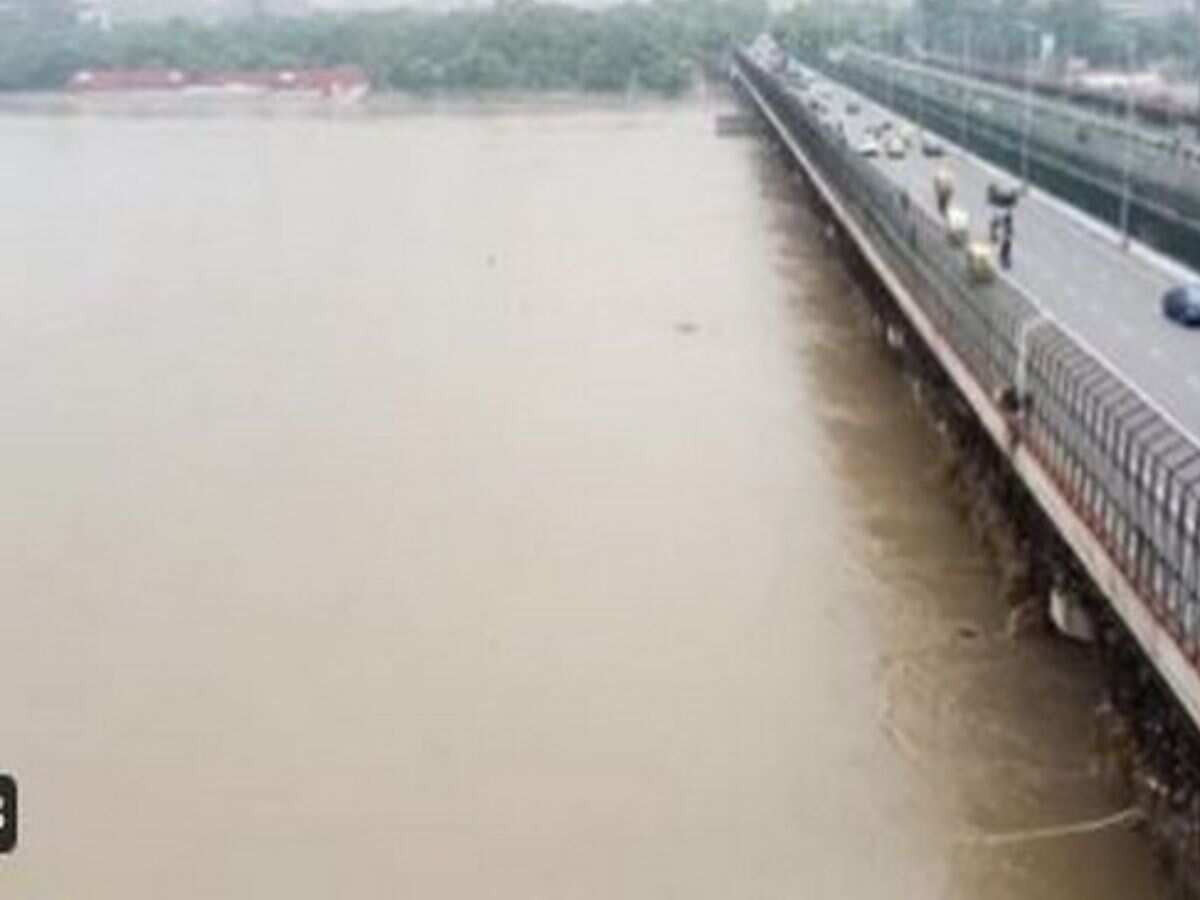
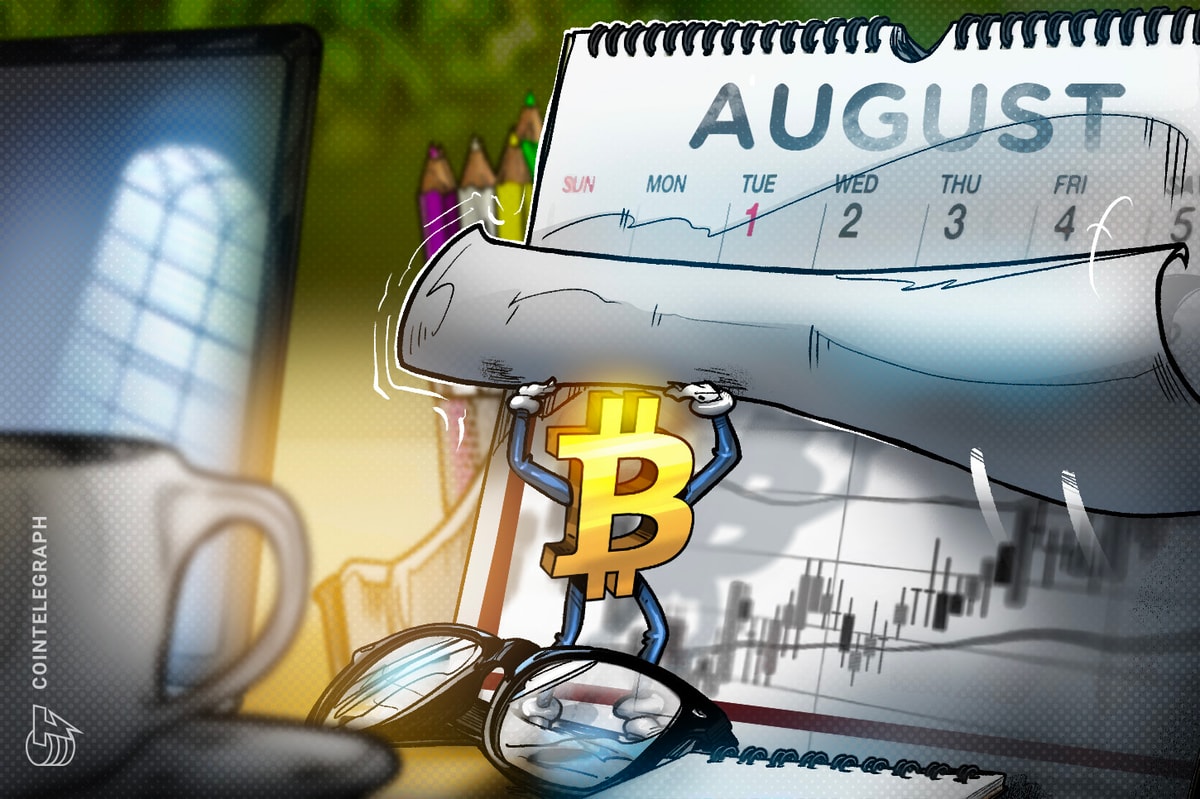
 English (US) ·
English (US) ·